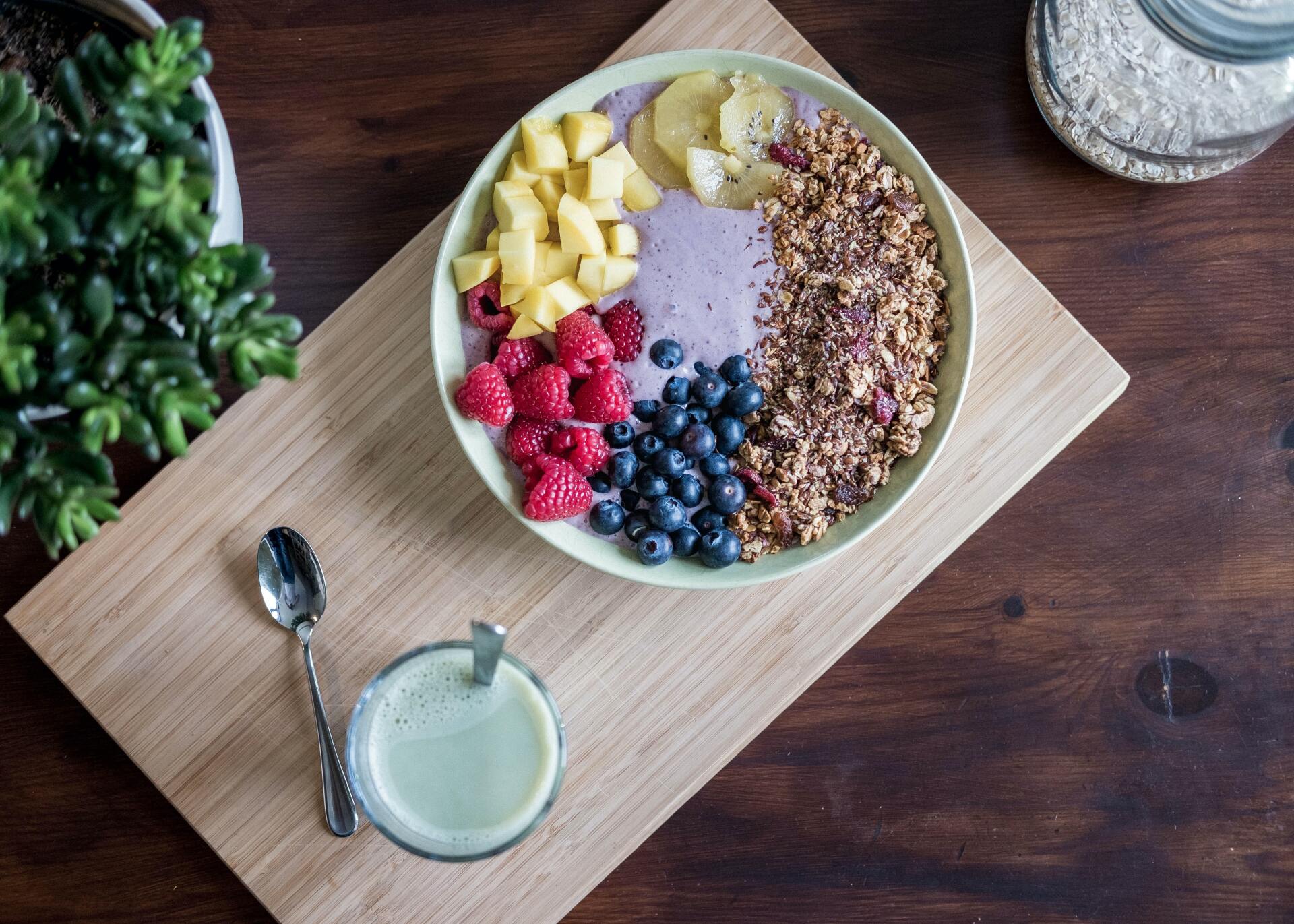Health & Hope Blog

One source defined spirituality as “the quality of being concerned with the human spirit or soul as opposed to material or physical things''. Somewhere else, it was referred to as “the way you find meaning, hope, comfort, and inner peace in your life”. Although definitions vary by source, a general consensus among wisdom keepers from the world’s traditions suggest that human spirituality is a tightly woven integration of three facets: an insightful relationship with oneself and others, a strong personal value system, and the fulfillment of a meaningful purpose to one’s life. The concept of spirituality is not one size fits all, but rather a personal preference and can take on many forms. In Bahamian society, spiritual practices stem mainly from religious backgrounds and our faith, particularly christianity. Other societies, on the other hand, may have a more flexible approach, taking concepts from a variety of philosophies in addition to religion. Although the terms are sometimes used interchangeably, spirituality and religion are not the same; spirituality is inclusive and based on one’s personal experience whereas religions are exclusive and based on the premise that members have the same experience. Regardless of one’s personal beliefs, it can be argued that this divine process is the missing link in obtaining holistic wellness. It's difficult to pinpoint exactly how spirituality affects one’s health, however, evidence based research with satisfactory health outcomes support this theory. It was also proven that recovery programs for various types of addictions which incorporated the spiritual dimension in the healing process had higher success rates than those based solely on the biomedical model. For this reason, it is important to nurture your spiritual health just as you would your physical and mental health. With an increasing level of stress on the world stage, spiritual wellbeing can no longer be ignored as a critical component in the health care setting. While treating a client solely with traditional medicine is possible, incorporating spiritual well-being as a significant construct of healing can be life changing .

In today’s world, stress is a major cause for concern - one that can possibly be affecting your health without you even knowing. There are so many factors, big and small, that can contribute to rising stress levels; think of these as roadblocks or obstacles that invoke emotions that you’d rather not deal with. Some examples include exams, heavy traffic, added responsibilities, difficulties in the workplace, rising cost of living, changes in relationship dynamics, unexpected health issues, bereavement, and the list goes on. Studies have proven that diseases and illnesses have significant stress components associated with them, just as do life’s challenges. The level of stress, however, tends to vary depending on the severity of the illness and the probability of making a full recovery. According to MayoClinic, stress can present itself in many ways, negatively impacting your body, mood and behavior. Below are some of the more common reactions to stress, some of which we tend to overlook.

Everyday we wake up and follow the same routine over and over, like clockwork. The million dollar question, though, is this; how is your routine affecting your health? Regardless of your current health status, each day is a new opportunity to make changes for the better towards creating and living the life you desire. Not everyone will end up being a fitness guru, acquire the body of their dreams or even resolve chronic health issues, but you'd be surprised to see how small steps and consistency can make a huge difference. There are so many things that can be done to improve your health status and quality of life but we’ll narrow it down to three simple categories - nutrition, physical activity and lifestyle modifications. Nutrition is the study of nutrients in food, how the body uses them, and the relationship between diet, health, and disease. These nutrients, in the name of vitamins and minerals, are vital to the body’s survival and optimal functioning. Subsequently, vitamin and mineral deficiencies can result in all sorts of illnesses - physical and mental. For this reason, it is necessary to ensure that you obtain the appropriate amount of nutrients from your diet and supplements daily. A nutritious diet should include lots of fruits, vegetables, whole grains and protein rich foods. It’s also important to be mindful of the fats you consume, choosing foods with healthy fats over saturated fats. Processed foods tend to be high in saturated fats and salt, so these foods should be limited. Your body will also appreciate you preparing meals and snacks using ingredients that have little to no added salt, sugars or saturated fats. Lastly but not least, don’t forget to drink your water. Water not only helps to keep our bodies hydrated, it maintains the body’s temperature, helps to break down food for the absorption of nutrients, helps to get rid of waste, acts as a cushion between cells, muscles, and joints, and keeps your bowels "regular”; make water your drink of choice today. Lots of times, people shy away from physical activity as the first thing that comes to mind is working out in a gym. For others, their inability to complete long, strenuous exercises is discouraging, fostering the belief that exercising, for them, is pointless, but they could not be more wrong; each step counts. Physical activity refers to all movement, whether simple or complex, and has proven to aid in the prevention and management of non-communicable diseases such as heart disease, strokes, diabetes and some forms of cancers. Moreoever, it helps with weight management and counteracts obesity, a growing health concern in today’s society. Apart from improving your appearance, regular physical activity also improves your sleep, develops coordination, improves concentration, manages stress and improves the quality of your life. Don’t let a sedentary lifestyle cause you to lose out on all of these benefits. Lifestyle modification involves altering long-term habits and maintaining the new behaviour for extended periods of time. These modifications should encourage positive changes in your life. To be technical, practicing proper nutrition and improving physical activity are lifestyle modifications, however, it was necessary to stress the importance of the aforementioned on your health. Other lifestyle changes which your body deserves include getting adequate rest, practicing stress management techniques, breaking substance dependence and nurturing your spiritual health. While you may want to make these lifestyle changes, you have to be intentional with your planning because it does not happen over night. You must focus on the whole picture, setting realistic and achievable goals for yourself. This can be done by creating daily structured activities related to the goals, in turn, making habits that you can keep. If you stick to this strategy, eventually you will begin to adopt new habits and build at your own pace. While this must be a personal journey, having a lifestyle buddy with similar goals who holds you accountable can make the process seem easier and more bearable. Tracking your progress is important as well. Some days you are guaranteed to feel like you’re not getting anywhere but when you look back and reflect, you will realize just how far you came. Through it all, finding your “why”, will give you the drive to continue each day with healthy living. Regardless of the changes you would like to make, speak to your doctor to ensure a safe transition into your new lifestyle.







